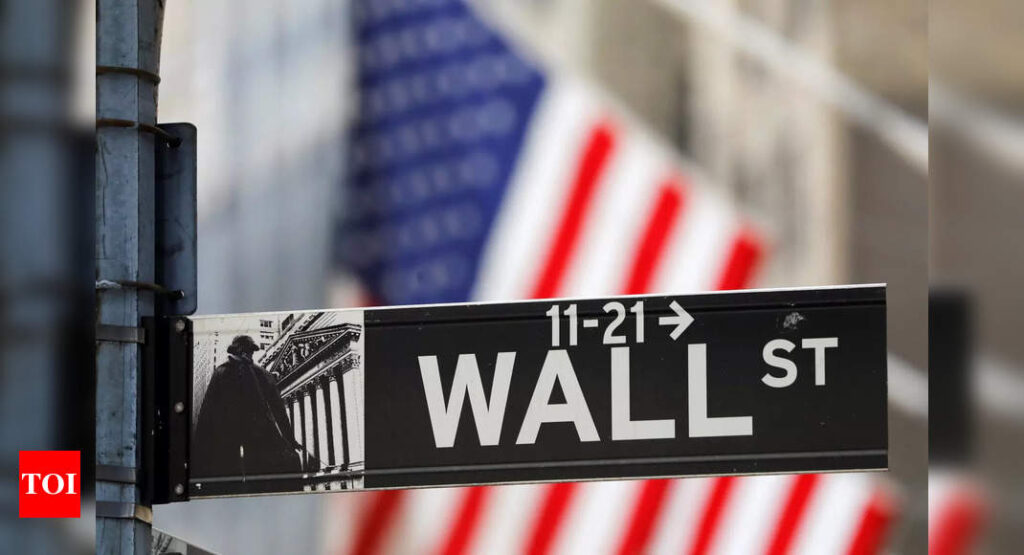[ad_1]
The minutes of the Fed’s July monetary policy meeting showed most policymakers continue to prioritize the battle against inflation, adding to uncertainty among investors about the outlook for interest rates.
“I agree with the governors that we’re not convinced that inflation is totally in the rear view mirror,” said Peter Tuz, president of Chase Investment Counsel in Charlottesville, Virginia.
“I think the markets will be on pins and needles regarding what the Fed will do all through September and into October.”
For the session, the S&P 500 lost 33.53 points, or 0.76%, to close at 4,404.33 points. The index has now declined 1.9% over the past two sessions, its deepest two-day decline since April.
The Nasdaq Composite dropped 156.42 points, or 1.15%, to 13,474.63, while the Dow Jones Industrial Average fell 180.65 points, or 0.52%, to 34,765.74 points.
Bank shares extended losses, with the S&P 500 bank index down 1% and Bank of America leading losses among bigger banks to end 2.2% lower.
Nvidia also reversed early gains to end 1% lower after rising in the last two sessions, as two more brokerages raised their price targets on the stock ahead of the chip designer’s quarterly results next week.
“Investors are starting to take a more sober look at the economic picture here,” said Mike Reynolds, vice president of investment strategy at Glenmede.
Equities have suffered through a rough patch in August, with the S&P 500 languishing near one-month lows as data underscoring sticky inflation and a robust economy fans fears of interest rates staying elevated for longer.
While investors largely expect the Fed’s monetary tightening to be nearing its end, worries linger the central bank could hold rates at the current level for longer.
Target shares gained nearly 3% after the big-box retailer’s second-quarter profit beat estimates.
Walmart ended near flat, reversing intraday losses, ahead of its quarterly results due out early on Thursday.
Walmart is expected to raise its full-year earnings forecast, as US shoppers continue to buy essentials even as borrowing costs rise, lending standards tighten and the employment picture weakens.
Volume on US exchanges was relatively heavy, with 11.9 billion shares traded, compared to an average of 10.9 billion shares over the previous 20 sessions. Declining issues outnumbered advancing ones on the NYSE by a 3.36-to-1 ratio; on Nasdaq, a 2.73-to-1 ratio favored decliners.
The S&P 500 posted four new 52-week highs and 18 new lows; the Nasdaq Composite recorded 36 new highs and 255 new lows.
[ad_2]
Source link











More Stories
India’S Growth Forecast: S&P ups India’s FY’24 growth forecast to 6.4% on robust domestic momentum
India to remain fastest-growing major economy, but demand uneven: Poll
Jack Ma: Jack Ma gets back into business with ‘Ma’s Kitchen Food’